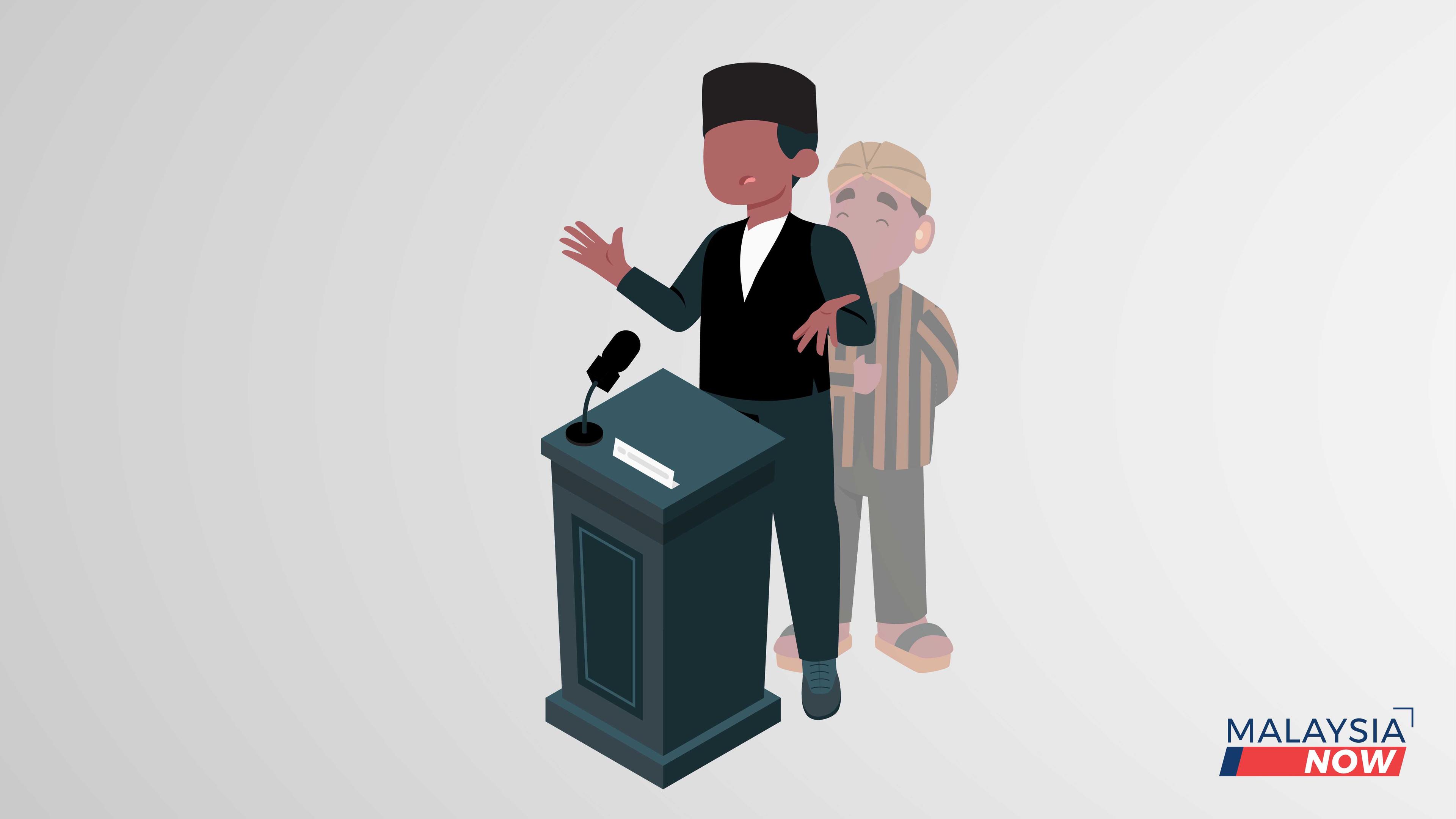The spooky dealings of politicians and bomohs
Individuals privy to the practice in Malaysia tell of politicians 'playing' with shamans according to hierarchy.
Just In
Nearly 30 years ago, the country was shaken by news that Pahang assemblyman Mohd Mazlan Idris had been killed by a shaman and his wife, about a week after he was reported missing from his home.
It later emerged that Mazlan had approached the shaman and his wife – the infamous Mona Fandey – for "supernatural" help in his political career.
He was believed to have participated in a black magic ritual at the couple's home, where he was told to lie on the floor and close his eyes while waiting for money to "fall from the sky".
Ultimately, though, it was not money but an axe which fell, decapitating the Batu Talam representative.
His body was found chopped into 18 pieces and buried outside Mona's home in Pahang.
Notwithstanding the grisley nature of his death, many continue to put their faith in amulets, charms and fortune tellers whom they believe possess powers beyond those of mere mortals.
Another high-profile example involved none other than former prime minister Najib Razak and his wife Rosmah Mansor, who were accused in 2019 by businessman Deepak Jaikishan of believing in black magic.
In an interview, Deepak said he himself had been involved in the process, claiming that Rosmah in particular had strongly believed in the practice.
He said the couple had set up a statue at the prime minister's official residence in Seri Perdana which they worshipped in exchange for public respect.
A former Special Branch officer who has observed political movements in Kuala Lumpur and Petaling Jaya for 17 years now said politicians were the "most obsessed" with superstitious beliefs involving shamans and dukuns.
Asking to be known only as "R", he said Malaysian politicians "play" with bomohs according to class and position.
"The higher a politician rises in the government or his political party, the more bomohs and dukuns he knows and meets.
"There are also politicians who travel overseas to meet with their shamans.
"I'm not sure how much they pay," he said, adding that such things occurred regardless of race, religion, age or political affiliation.
According to R, about a decade's worth of intelligence by the Special Branch had found that politicians use the services of shamans or bomohs to climb the political ladder, and to identify the weaknesses of their opponents or challengers.
"Thailand, India and Indonesia are among the hotspot countries for politicians looking to find bomohs," he added.
"If you don't believe me, ask anyone from any party. See if they get upset, or if they ask you how you know."
He said such politicians would return more confident in themselves after obtaining the services of these bomohs.
"We see them going on holiday, but actually they have gone for 'treatment'," he said.
"That's the norm in politics. I think that nearly any politician would have an interest in such things."
Effective?
One question that arises is how effective such practices are.
"While there is nothing clearly and objectively special about luck, lucky charms seem to work for those who believe," Maia Young, a professor at American university UCLA, wrote in a 2016 study on why people would choose to believe in powers that cannot be seen or measured over their own abilities.
Young also said that individuals appeared more confident in carrying out tasks when accompanied by a lucky charm.
"When people see themselves as lucky, they are more likely to choose and persist in challenging tasks," she said.
A source at a Selangor-based party said such findings appeared to be accurate, at least to a certain extent.
"When party leaders come in with headaches, their mood changes and they become irritable and angry," he said.
"After they come home from their holidays, they are changed. We know, they must have gone to see a dukun."
Speaking on condition of anonymity, he said meetings with shamans and bomohs had been an open secret for the past few years due to missteps by the politicians themselves.
For one, he said, these politicians often invited the head shamans to attend official events, "disguised" as religious leaders or group chiefs.
"This is apart from the pictures and videos that go viral, showing the politicians bringing the bomohs to their homes or going to the bomohs' homes.
"The bomoh kisses their hands, they kiss the bomoh's hands. Both sides have problems, it seems," he said.
Subscribe to our newsletter
To be updated with all the latest news and analyses daily.
